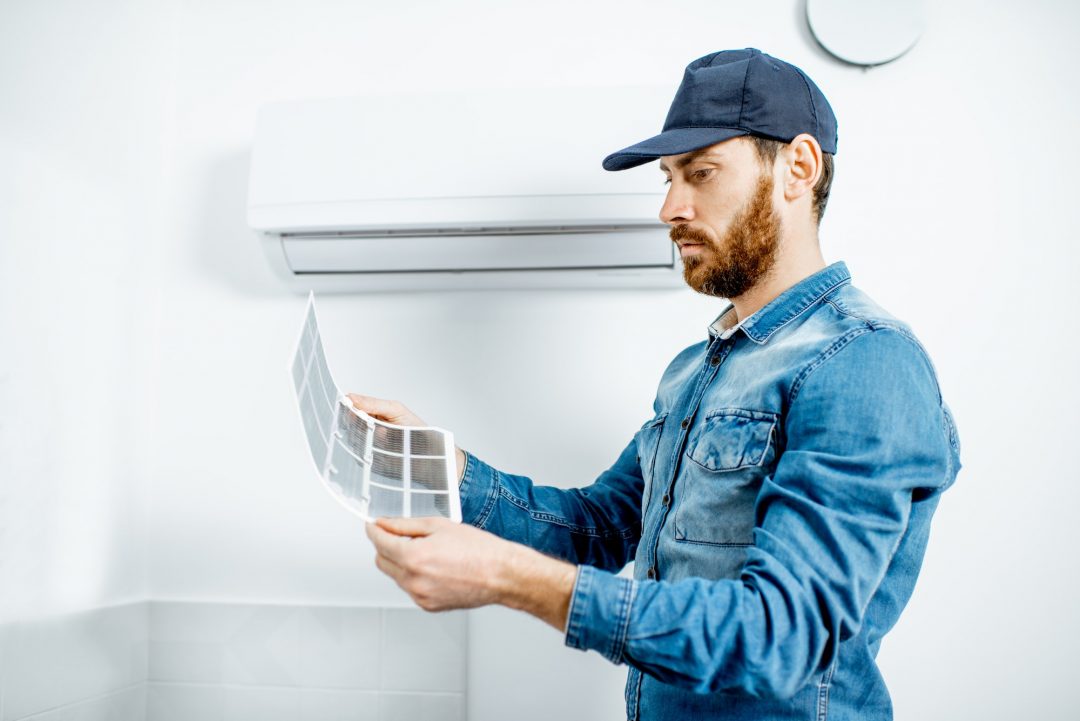Decarbonizing HVAC: The Future of Sustainable Heating and Cooling in Victoria, BC
As global awareness of climate change and environmental sustainability grows, the HVAC industry is at the forefront of adopting practices and technologies to reduce carbon emissions and enhance energy efficiency. For RedBlue Heating & Refrigeration, based in Victoria, BC, staying ahead of these trends is crucial not only for compliance but also for leading the market in providing sustainable solutions to customers. Here, we delve into the decarbonization trends shaping the HVAC industry in 2024 and beyond.

Understanding Decarbonization in HVAC
Decarbonization refers to the reduction of carbon dioxide (CO2) emissions through various methods, including the adoption of energy-efficient technologies and renewable energy sources. In the HVAC industry, this involves transitioning from traditional heating and cooling systems that rely on fossil fuels to more sustainable options like heat pumps and solar-powered systems (Rheem) (HVAC Informed) (Motili).
Key Drivers of Decarbonization
Environmental Regulations:
- Federal and Provincial Regulations: Governments worldwide, including Canada, are implementing stringent regulations to curb greenhouse gas emissions. The Canadian government, aligned with global agreements such as the Paris Agreement, is pushing for significant reductions in CO2 emissions by promoting energy-efficient technologies and providing incentives for their adoption (Rheem) (HVAC Informed). British Columbia, in particular, has aggressive targets under the CleanBC plan, aiming to reduce greenhouse gas emissions by 40% below 2007 levels by 2030.
- CleanBC Plan: The CleanBC plan emphasizes the reduction of carbon emissions through various initiatives, including rebates for homeowners who adopt energy-efficient heating and cooling solutions like heat pumps. These incentives are crucial for driving the adoption of sustainable HVAC technologies in British Columbia.
Consumer Demand:
- Rising Environmental Consciousness: Increasing consumer awareness of climate change and the benefits of sustainable living is driving demand for eco-friendly HVAC solutions. Homeowners and businesses are seeking ways to reduce their carbon footprint, lower energy bills, and contribute to environmental conservation (FieldEdge) (Motili).
- Health and Comfort: Modern HVAC systems not only offer energy efficiency but also improve indoor air quality and overall comfort. Consumers are becoming more aware of the health benefits associated with improved air quality, driving the demand for advanced HVAC systems that can provide these benefits (FieldEdge) (Motili).
Technological Advancements:
- Innovation in Heat Pump Technology: Innovations in HVAC technology, such as the development of advanced heat pumps and smart HVAC systems, are making it easier and more cost-effective to reduce emissions. These technologies offer superior efficiency, reduced operational costs, and improved comfort. Heat pumps, in particular, are becoming more efficient and effective, even in colder climates, making them a viable option for many regions (StartUs Insights) (Motili).
- Smart HVAC Systems: The integration of IoT (Internet of Things) technology into HVAC systems is transforming how these systems operate. Smart HVAC systems offer remote monitoring, automation, and energy optimization, providing both convenience and cost savings to users. These systems can dynamically adjust to changing conditions, optimizing performance and reducing energy consumption (FieldEdge) (Motili).
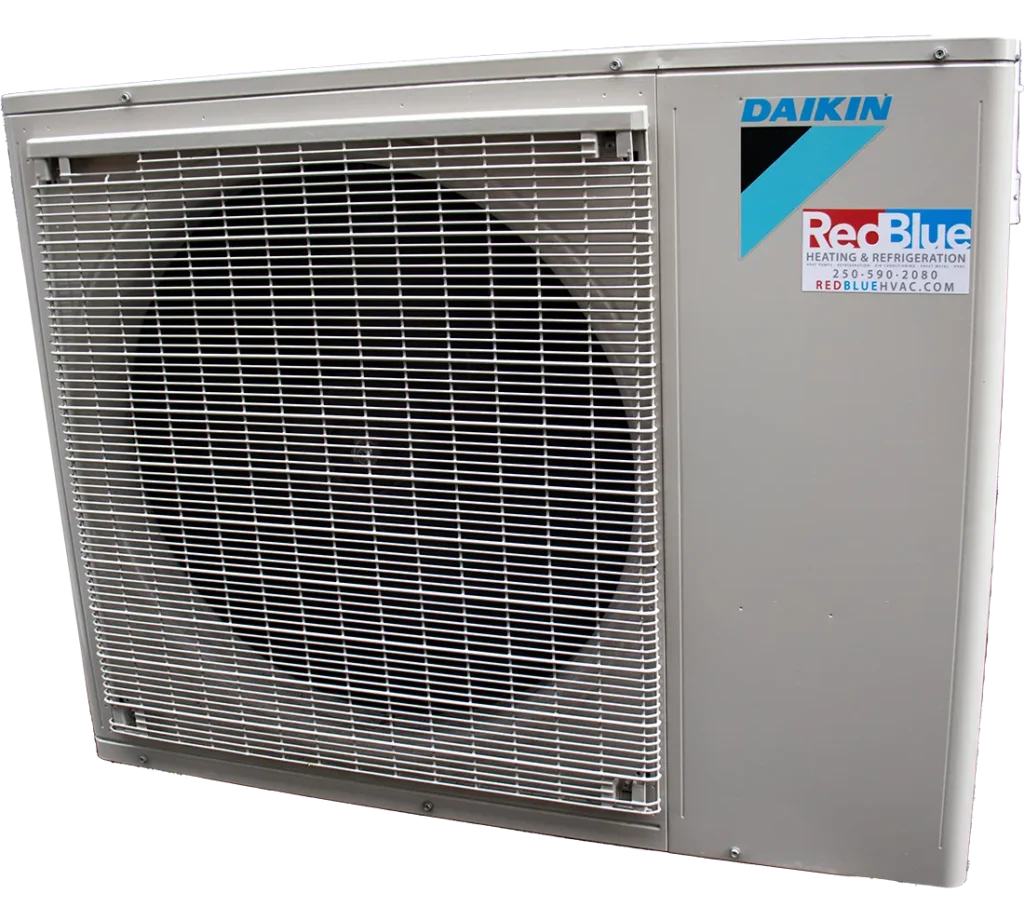
The Role of Heat Pumps in Decarbonization
Heat pumps are emerging as a critical component in the decarbonization of HVAC systems. Unlike traditional heating systems that generate heat through combustion, heat pumps transfer heat from one place to another, significantly reducing energy consumption and emissions. Here’s why heat pumps are pivotal:
Energy Efficiency:
- Heat pumps are highly efficient, often achieving efficiencies of 300-400%. This means they can produce three to four units of heating or cooling for every unit of electricity consumed, leading to substantial energy savings (FieldEdge) (Motili).
- Variable-Speed Compressors: Modern heat pumps are equipped with variable-speed compressors that adjust the heating and cooling output based on the specific needs of the space, further enhancing efficiency and comfort (FieldEdge).
Versatility:
- Heat pumps can be used for both heating and cooling, making them a versatile solution for year-round climate control. They are suitable for residential, commercial, and industrial applications, providing flexibility across various sectors (HVAC Informed) (Motili).
- Hybrid Systems: Hybrid heat pump systems, which can switch between a heat pump and a traditional heating system, offer enhanced efficiency and reliability, particularly in regions with extreme temperature variations (StartUs Insights) (Motili).
Renewable Integration:
- Heat pumps can be powered by renewable energy sources such as solar or wind, further reducing their carbon footprint. Integrating heat pumps with renewable energy systems enhances their sustainability and aligns with global decarbonization goals (StartUs Insights) (Motili).
- Thermal Management Technology: Advanced heat pumps can recover waste heat and convert it into usable energy, making them highly efficient and eco-friendly. This technology is particularly beneficial in industrial applications where waste heat is abundant (HVAC Informed).
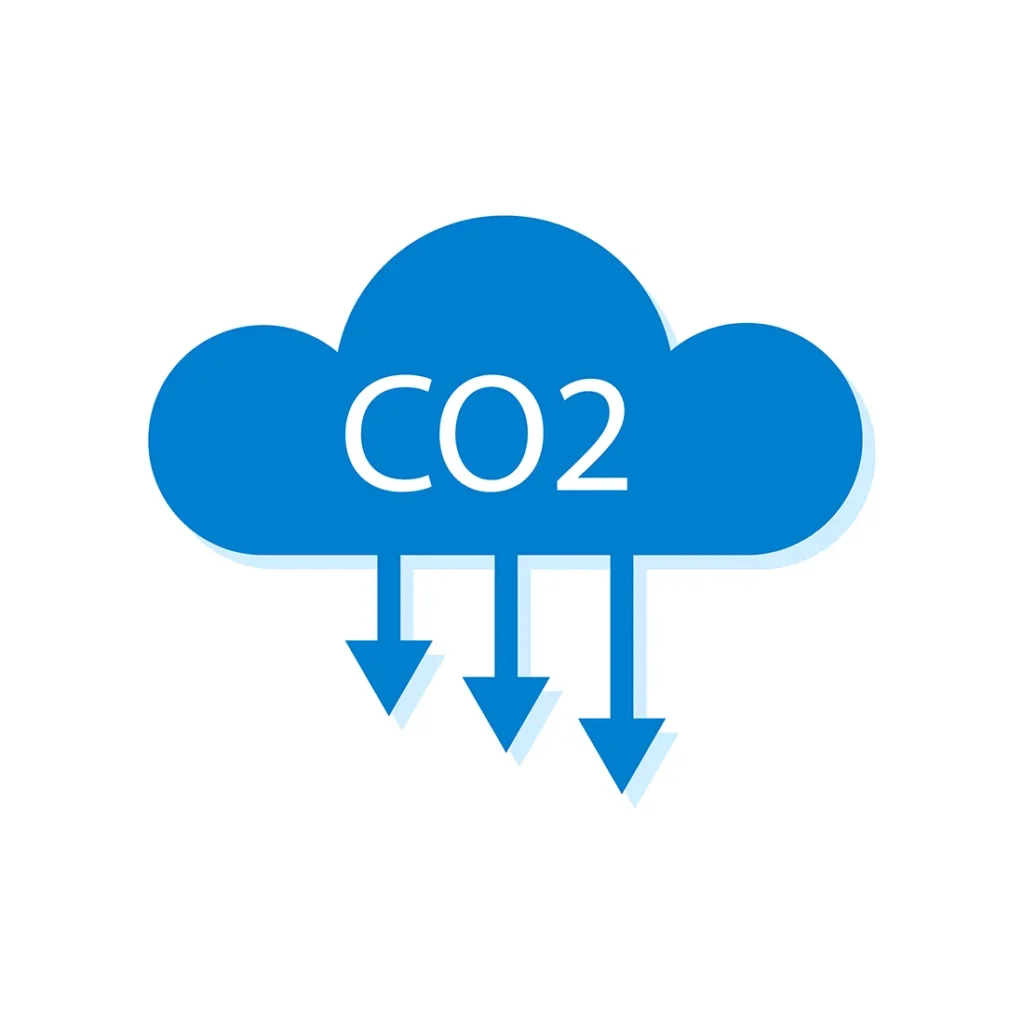
CleanBC Incentives for Sustainable Upgrades
In British Columbia, the CleanBC Better Homes and Home Renovation Rebate Program offers substantial incentives for homeowners to adopt energy-efficient technologies, including heat pumps. These rebates can cover up to 100% of the upgrade costs for eligible households, making it financially viable for many to transition to sustainable HVAC solutions.
Benefits of the CleanBC Program
Financial Assistance:
- The CleanBC program provides enhanced rebates for energy-efficient home upgrades. Homeowners can receive up to $16,000 for installing heat pumps, with additional incentives for insulation, windows, and doors.
- Income-Qualified Rebates: The program offers higher rebate amounts for low- and middle-income households, ensuring that energy-efficient upgrades are accessible to a broader range of residents.
Environmental Benefits:
- By promoting the adoption of energy-efficient technologies, the CleanBC program helps reduce greenhouse gas emissions, contributing to provincial and national climate goals. These efforts support global initiatives to mitigate climate change and promote sustainability.
Increased Home Comfort:
- Upgrading to modern HVAC systems enhances indoor comfort by providing consistent and efficient heating and cooling. Improved insulation and better windows also contribute to a more comfortable and energy-efficient living environment.

Benefits of Decarbonization for RedBlue Customers
Cost Savings:
- By switching to energy-efficient HVAC systems, customers can significantly reduce their energy bills. The initial investment is often offset by long-term savings and available rebates. For example, heat pumps are much more efficient than traditional heating systems, providing substantial savings over time (FieldEdge) (Motili).
- Financing Options: Offering financing options can help customers manage the upfront costs of installing new systems. Programs like the Rheem Pro Partner QwikComfort financing provide flexible payment plans, making it easier for homeowners to invest in energy-efficient solutions (Rheem).
Environmental Impact:
- Adopting sustainable HVAC technologies helps reduce greenhouse gas emissions, contributing to global efforts to combat climate change. This aligns with the values of environmentally conscious consumers and supports broader environmental initiatives (HVAC Informed) (StartUs Insights).
Enhanced Comfort and Health:
- Modern heat pumps and smart HVAC systems offer superior climate control, enhancing indoor comfort. Additionally, they improve indoor air quality by reducing the reliance on fossil fuels, which can emit harmful pollutants. Advanced filtration systems and ventilation improvements also contribute to healthier indoor environments (FieldEdge) (Motili).
- Indoor Air Quality: With increased awareness of the health implications of indoor air pollution, there is a growing emphasis on improving indoor air quality. Modern HVAC systems equipped with advanced air filtration and purification technologies can help reduce allergens, pathogens, and other pollutants, ensuring a healthier living space (FieldEdge) (Motili).
Conclusion
Decarbonization is not just a trend but a necessary evolution in the HVAC industry. For RedBlue Heating & Refrigeration, embracing these changes and educating customers about the benefits of sustainable HVAC solutions can position the company as a leader in environmental responsibility and innovation. By staying informed and proactive, RedBlue can help drive the transition to a greener, more efficient future in Victoria, BC, and beyond.
For more information on sustainable HVAC solutions and available rebates, visit our Rebates & Financing Page or the CleanBC Better Homes website
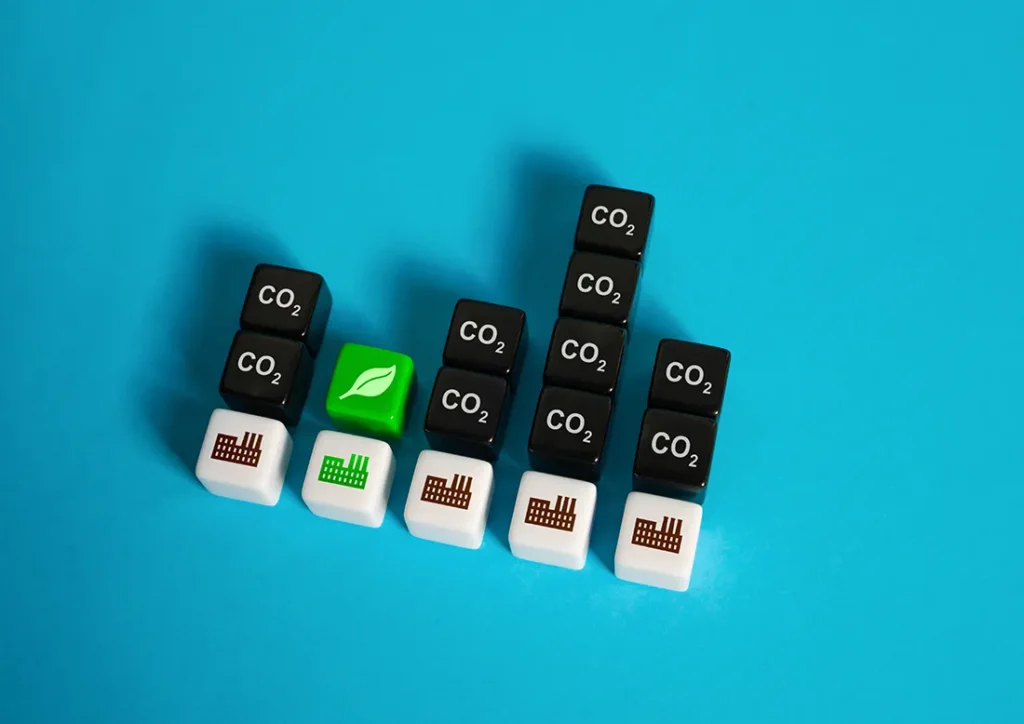
References
- Rheem Manufacturing Company – What’s Coming in 2024: HVAC Trends, Regulations, and More (Rheem).
- HVAC News – Emerging Trends In HVACR: Sustainability & Efficiency In 2024 (HVAC Informed).
- FieldEdge – 2024 HVAC Industry Trends You Don’t Want to Miss (FieldEdge).
- StartUs Insights – Top 10 HVAC Industry Trends in 2024 (StartUs Insights).
- Motili – Upcoming HVAC Trends for 2024 (Motili).
- CleanBC Better Homes – Energy Savings Program Overview.
Related Article
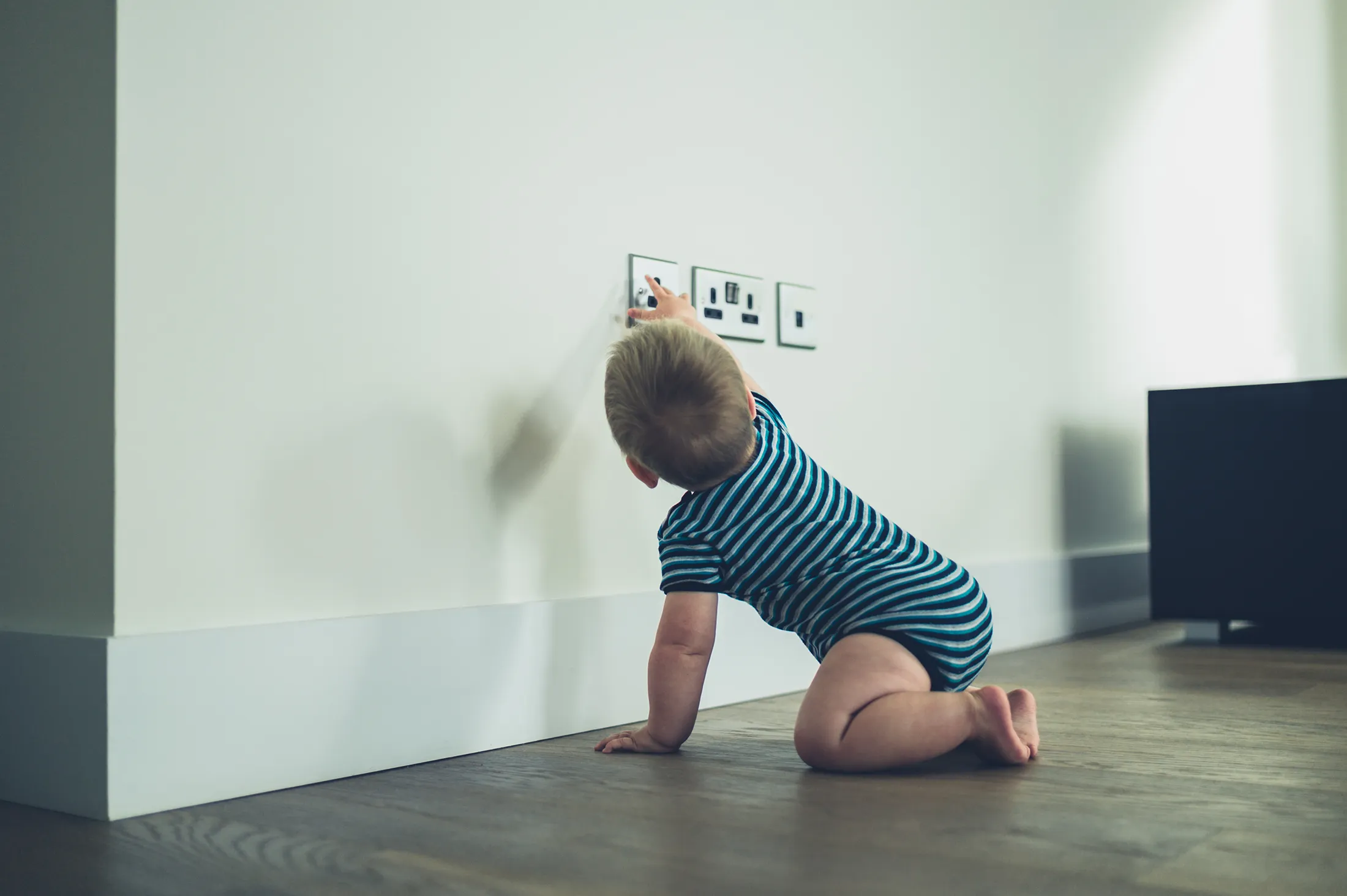
Electrical Safety for Kids: 10 Essential Tips Every Parent Must Teach
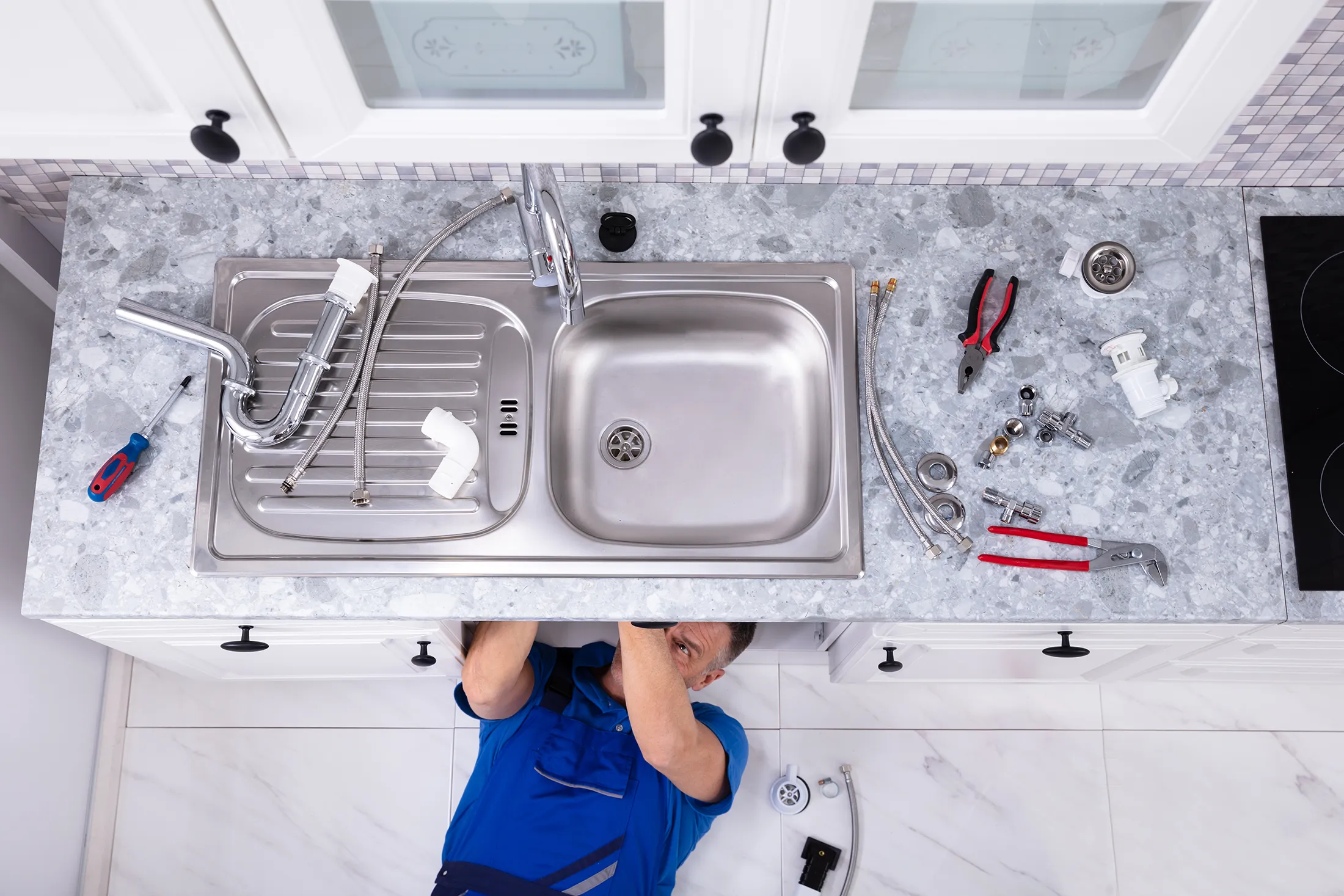
Why Regular Plumbing Maintenance is Essential for Your Home

How Custom Sheet Metal Work Enhances Indoor Air Quality?
